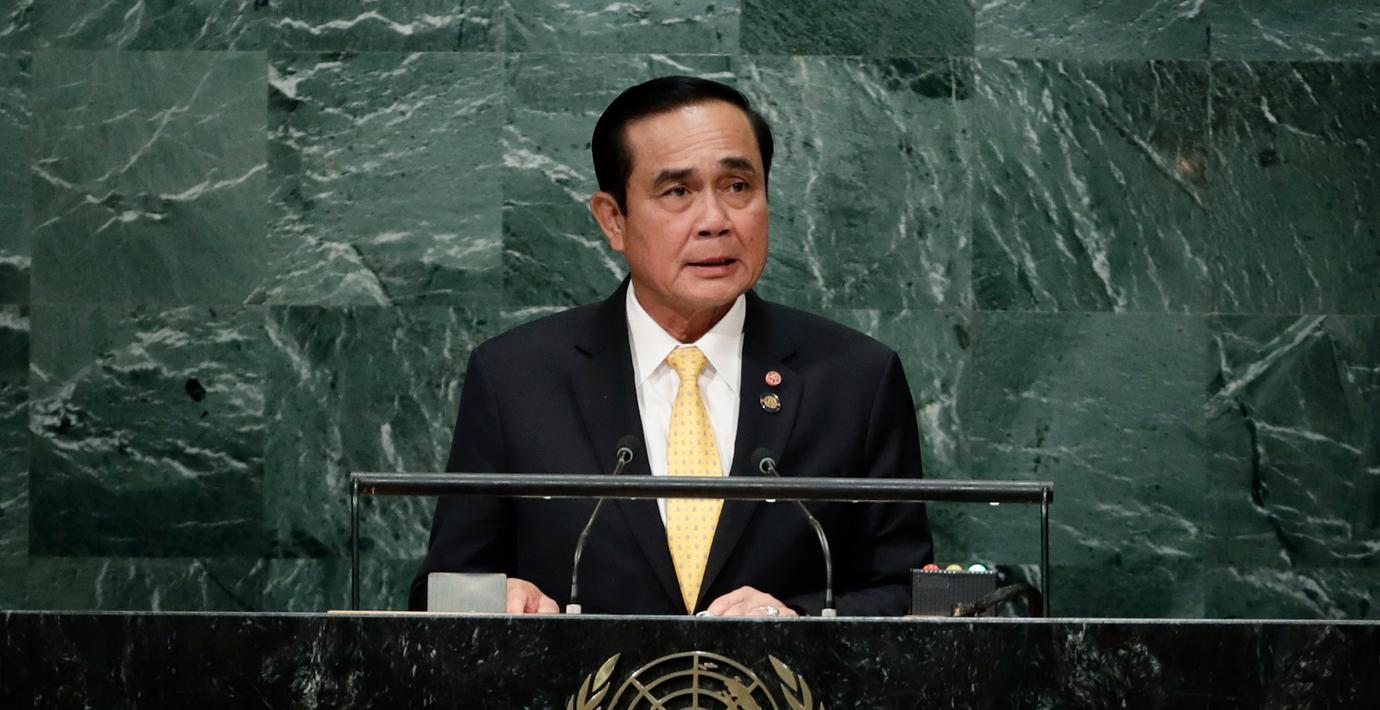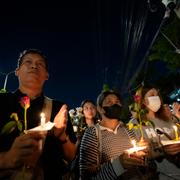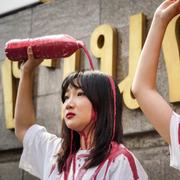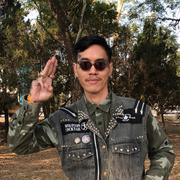
Thailands premiärminister behåller sin post
Thailands högsta domstol frikänner Prayut Chan-O-Cha vilket innebär att han får fortsätta sitt arbete som premiärminister, rapporterar AFP.
Premiärministern var anklagad för att ha brutit mot landets etiska klausuler då han fortsatte att bo i sin militära bostad efter att han avslutade sitt jobb som general i den thailändska armén i september 2014.
– Den tilltalades ställning som premiärminister förblir oförändrad, säger domaren.
bakgrund
Prayut Chan-o-cha
Wikipedia (en)
Prayut Chan-o-cha (sometimes spelled Prayuth Chan-ocha; Thai: ประยุทธ์ จันทร์โอชา, pronounced [prā.jút tɕān.ʔōː.tɕʰāː]; born 21 March 1954) is a Thai politician, retired Royal Thai Army general officer and former leader of the National Council for Peace and Order (NCPO), the military junta which governed Thailand between 22 May 2014 and 10 July 2019. As of August 2019 he serves as the prime minister and defence minister.
Prayut was chief of the Thai army from October 2010 to October 2014. After his appointment as army chief, Prayut was characterised as a royalist and an opponent of former prime minister Thaksin Shinawatra. Considered a hardliner within the military, he was one of the leading proponents of military crackdowns on the Red Shirt demonstrations of April 2009 and April–May 2010. He later sought to moderate his profile, talking to relatives of protesters who were killed in the bloody conflict, and co-operating with the government of Yingluck Shinawatra who won parliamentary elections in July 2011.
During the political crisis that began in November 2013 and involved protests against the caretaker government of Yingluck, Prayut claimed that the army was neutral and would not launch a coup. However, in May 2014, Prayut staged a military coup against the government and assumed control of the country as NCPO leader. He later issued an interim constitution granting himself sweeping powers and giving himself amnesty for staging the coup. In August 2014, an unelected military-dominated national legislature appointed him as Prime Minister.After seizing power, Prayut's government oversaw a significant crackdown on dissent. He formulated “twelve values” based on traditional Thai values and suggested that these be included in school lessons. Measures were implemented to limit public discussions about democracy and criticism of the government, including increases in Internet and media censorship. Prayut was re-elected as Prime Minister of Thailand following the disputed 2019 Thai general election.
Omni är politiskt obundna och oberoende. Vi strävar efter att ge fler perspektiv på nyheterna. Har du frågor eller synpunkter kring vår rapportering? Kontakta redaktionen



